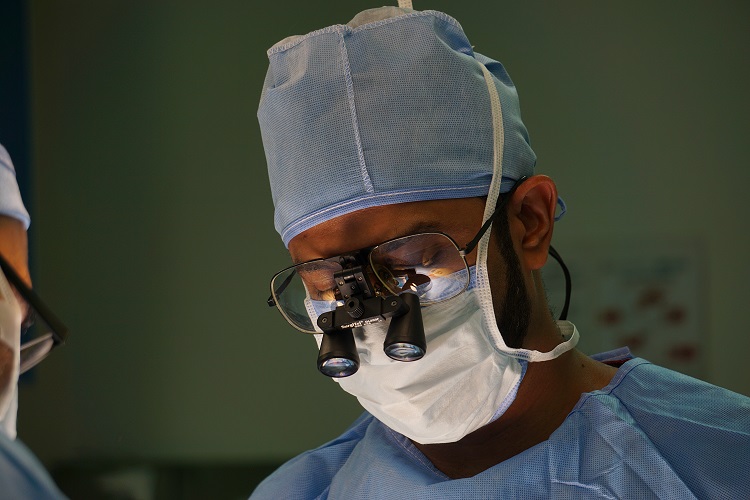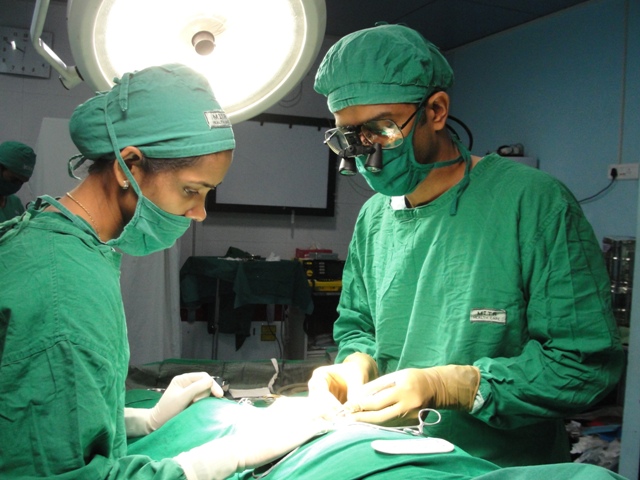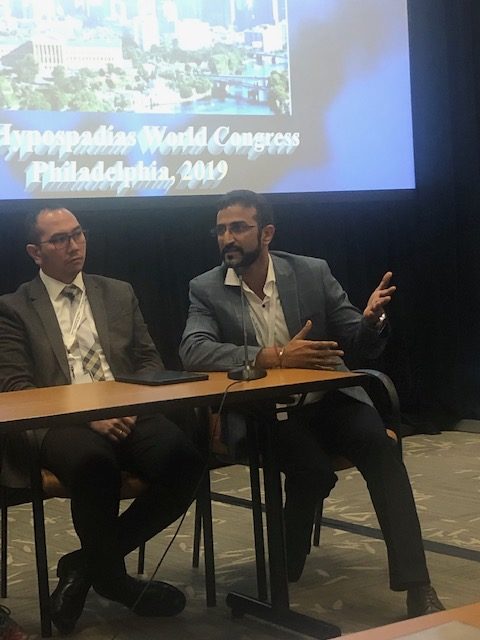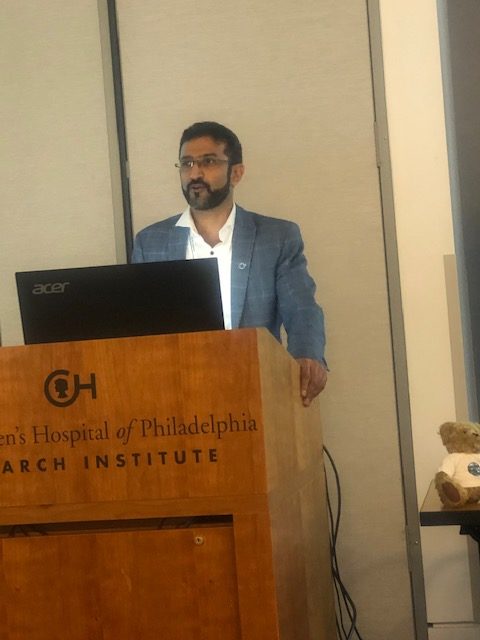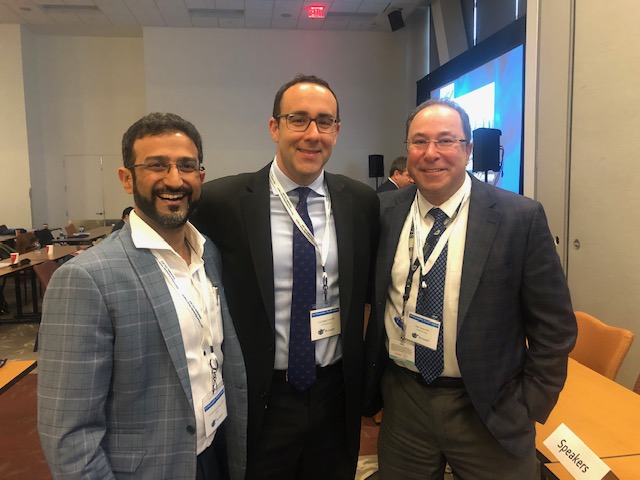Hypospadias though common is still unknown to the general population. When a parent finds out that their child has a genital abnormality (hypospadias) they get very worried thinking of the child’s future, which often leads to heightened parental worries. Due to limited resources which are available in the online platform, parents do not get a clear idea when it comes to hypospadias. This blog is directed to parents who have children with hypospadias, to ease their concern and improve the knowledge surrounding hypospadias and parental worries.
- Is surgery needed for Hypospadias? Surgery is required in hypospadias to correct the chordee, to create a urinary passage and bring the opening to the tip of the penis. The repair can be staged or single stage depending on the degree of chordee (downward bent of the penis) and severity of hypospadias. The risk of complications following surgery at our centre is less than 5%. The most common complications which we encounter are wound infection, fistula formation, diverticulum formation and meatal stenosis. An additional surgery may be required in some of these complications. Following hypospadias surgery, the cosmetic result will be similar to a circumcised penis. The meatus will be at the tip on the glans and the child would be able to pass urine in a single straight stream.
- Anaesthesia during hypospadias surgery: Hypospadias surgeries are done under general anaesthesia. It is important that besides a pediatric urologist, a pediatric anesthesiologist doctor is available to give anesthesia safely to children. Right from dosage of medications to managing airway is very different in children when compared to adults. Hence, at Hypospadias Foundation we have 3 skilled pediatric anesthesia experts who give anesthesia for hypospadias surgery. In addition to general anaesthesia the anaesthetist will also give an injection in the lower spine (caudal anaesthesia) which gives good pain relief to children for 12 hours after the surgery. Pain relief is our priority after surgery so that children can be comfortable after surgery and don’t remember hospitalisation as a painful episode. Besides caudal anaesthesia(during the surgery), we provide adequate pain relief with analgesics for a few days post-surgery.
- Pain after hypospadias surgery: Besides common surgical pain, which is easily manageable with pain killer medicines, two main reasons why children can develop pain in the post operative period are either due to bladder spasms or erections. Bladder spasms are controlled by a tablet oxybutynin which is started after the surgery and is continued till the catheter removal. Erection in the penis mainly occurs during early morning hours but can occur anytime in the day. Mostly the pain which occurs during erection is also managed well by the painkillers. The pain decreases significantly once the dressing and catheter are removed. However, penis continues to be sensitive for 2-3 weeks after the hypospadias repair surgery.
- Infertility in hypospadias: Hypospadias can cause male infertility due to various reasons. They may be due to abnormal location of the meatus, presence of chordee and low semen count. The altered opening of the urethra can cause problems in ejaculation, hence causing infertility. Presence of chordee can make sexual intercourse difficult or painful. Presence of an associated undescended testis may be associated with a low sperm count. We need to understand that not all men with hypospadias will have fertility problems. The severity of hypospadias and the success of surgical repair will ultimately decide if they will be able to father a child. Hence in men with hypospadias suffering from infertility they need to get in touch with a hypospadias surgeon because getting the hypospadias repaired will increase their chances of having children.
- Risk of hypospadias in future generation: The risk of hypospadias in future generations is influenced by a number of factors such as genetic and environmental factors. Some studies suggest that the risk of hypospadias may be increasing. The prevalence of hypospadias in the United states has increased by 10% from 1970 and 2000 as per the study published in the journal Nature in 2011. Hypospadias is a condition that can be inherited from the parents. If the father has hypospadias, then the risk of developing hypospadias in future generations will be 5-10%. Similarly, if first child has hypospadias, the risk in second boy is almost 5%.
- Cost of surgery and insurance coverage/cashless/mediclaim: Hypospadias being a penis birth defect is classified as an external birth defect which can be easily diagnosed as soon as the baby is born. Hence, if parents take an insurance policy after the baby is born, hypospadias surgery treatment costs as cashless Mediclaim are not covered by most of the insurance companies in India atleast while in USA, UK it is covered under insurance benefits. The situation is different for some of the corporate insurance group policy holders. Some big corporates issue very employee friendly mediclaim policies which cover all medical and surgical treatments for the employees and their families. Such mediclaim policies may cover all pre-existing as well as birth defects for their employees and hence hypospadias repair procedure may be covered by the insurance companies in these circumstances.
At Hypospadias foundation, we see almost 500 children and adults with hypospadias every year. The counselling in clinic, before surgery and after surgery focussing on making the families and patients comfortable, increasing their knowledge, and solving their queries regarding Hypospadias and parental worries. While there may be information available with pediatricians or on google, it is always better to consult a specialist hypospadias surgeon to have genuine answers to all the questions.
Fill up contact form: https://www.hypospadiasfoundation.com/contact/
Contact Form for Hypospadias Foundation
Please fill all clinical details and upload pictures and clinical summaries (if available)

